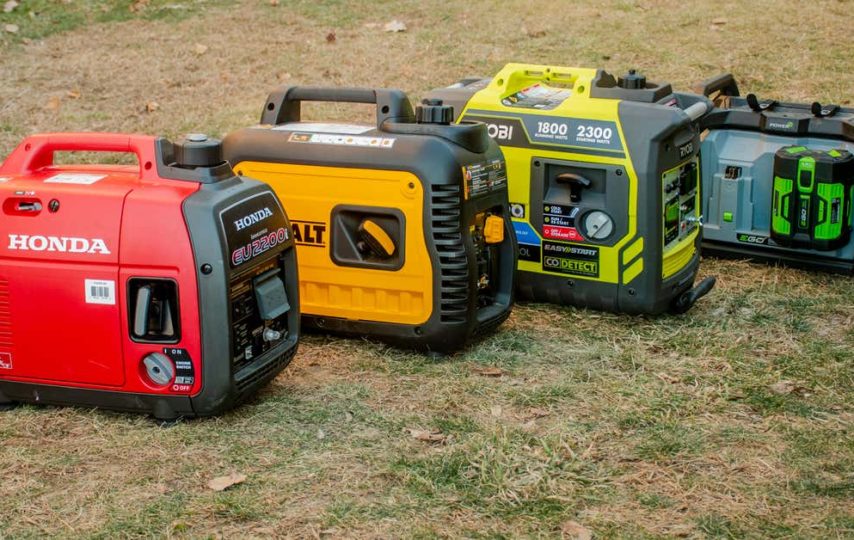Introduction
Generators are complicated machines. Such machines frequently have minor problems. But they are actually easy to handle all by yourself. So, do not be worried if your home backup generator fails to start. In many cases, the solution to your generator not starting up is very simple and does not require any external assistance.
We conducted extensive research on this subject to guide you. We have listed potential problems that your generator may encounter when starting up, as well as their solutions.
Reasons Why Your Home Backup Generator is not Starting
Problems with Gas:
The most important thing for a home backup generator to start and run is that it has enough gas in its tank. By gas, we mean the type of fuel used by your generator. It can be diesel, propane, or dual fuel if your generator is of the dual-fuel variety.
Check that your generator has enough gas to start and continue to run. Your generator may have plenty of gas but still won’t start; this is due to old gas. Old gas can cause clogging in the fuel tank and reduce the power output of your generator. Make certain that your generator is running on fresh gas.
Ignition Coil:
If your generator still does not start after checking the spark plug, there could be a problem with the ignition coil. Using an ignition coil tester, check the ignition coil. Replace your ignition coil if the result is negative.
Air Filter Issues:
Your air filter may be clogged and blocked with dust, or it may simply need to be replaced. By opening the air filter box, you can quickly check the air filter. If the air filter fibers are in good condition, a cleaning will suffice. In any case, do not wash your air filter. You can clean it up with a blower.
Oil Issues:
Oil issues in your generator can occur for two reasons. First, your generator’s oil may be low. You can check this by inspecting the oil sensor; if the oil level is low, add more oil. Running your generator with low oil can be very damaging to the engine and other metal components, reducing the life of the engine and other metal components.
A low oil reading can also be caused by uneven ground for your generator; ensure that it is placed on level ground. Your generator has less oil in this case, and the sensor indicates adequate oil levels. You can test this physically by removing the oil pipe and inspecting the oil flow.
Carburetor Issues:
Over time, your generator’s carburetor can become clogged or blocked by old gasoline and a dust mixture. This occurs when you store your generator or do not use it for an extended period without cleaning the carburetor. You can resolve this issue by opening the carburetor’s drain valve.
If this doesn’t work, you’ll have to remove the carburetor, open it, clean it, and reinstall it. If you are not comfortable doing this, you can have your carburetor cleaned by your generator company or a nearby auto mechanic.
Fuel Valve Issues:
You may have been distracted and forgot to turn on the fuel valve. This is a common issue with homeowners because they can easily forget such minor and basic details. If there is enough fuel in the fuel tank but the generator does not start, the fuel valve may be closed.
Clogging of the fuel valve by old gas or dust is another issue. If the flow is not satisfactory, there is a blockage in the fuel valve. To resolve this issue, you must clean it.
Battery Issues:
The majority of generators will not start due to simple battery issues. Common problems include a dead battery, discharging, or loose terminals. If your generator has no other problems, as listed above, you must inspect the battery power and battery terminals. To solve battery problems quickly, use the pull kick-starter to start your generator.
Conclusion
When it comes to machines like generators, it is better to be proactive rather than reactive. Little things can help you avoid larger, more expensive problems. So, try to keep your generator away from dust and water, and store your portable generator undercover or in a shed for heavy generators. Remember to change your oil filters, air filters, and spark plugs regularly.













